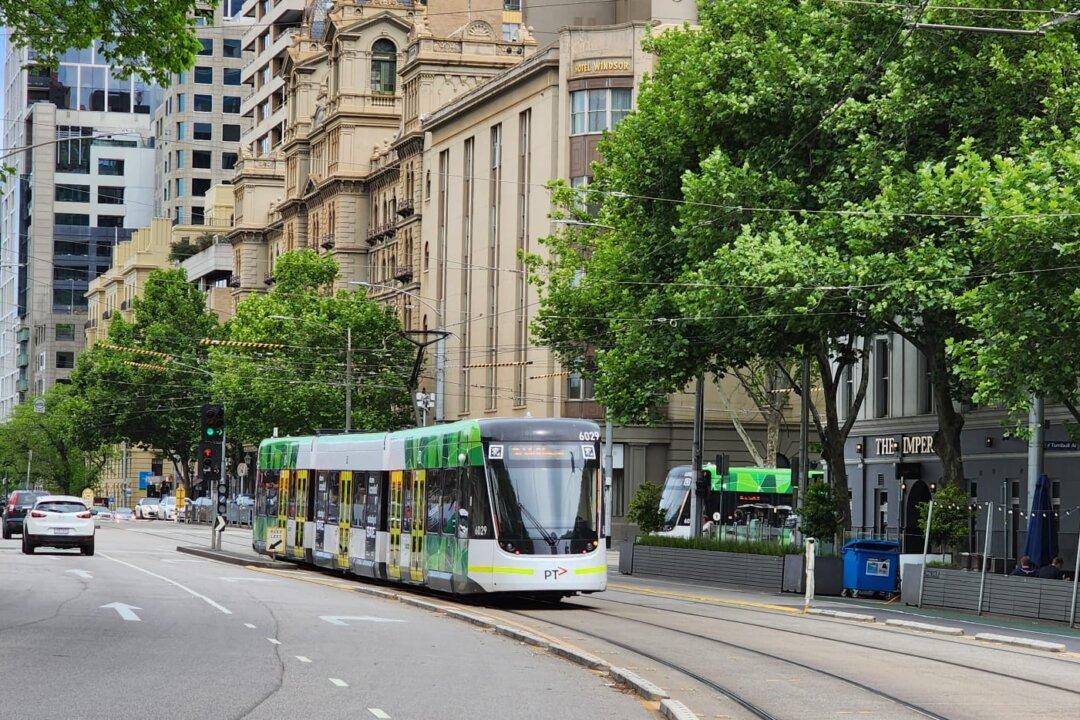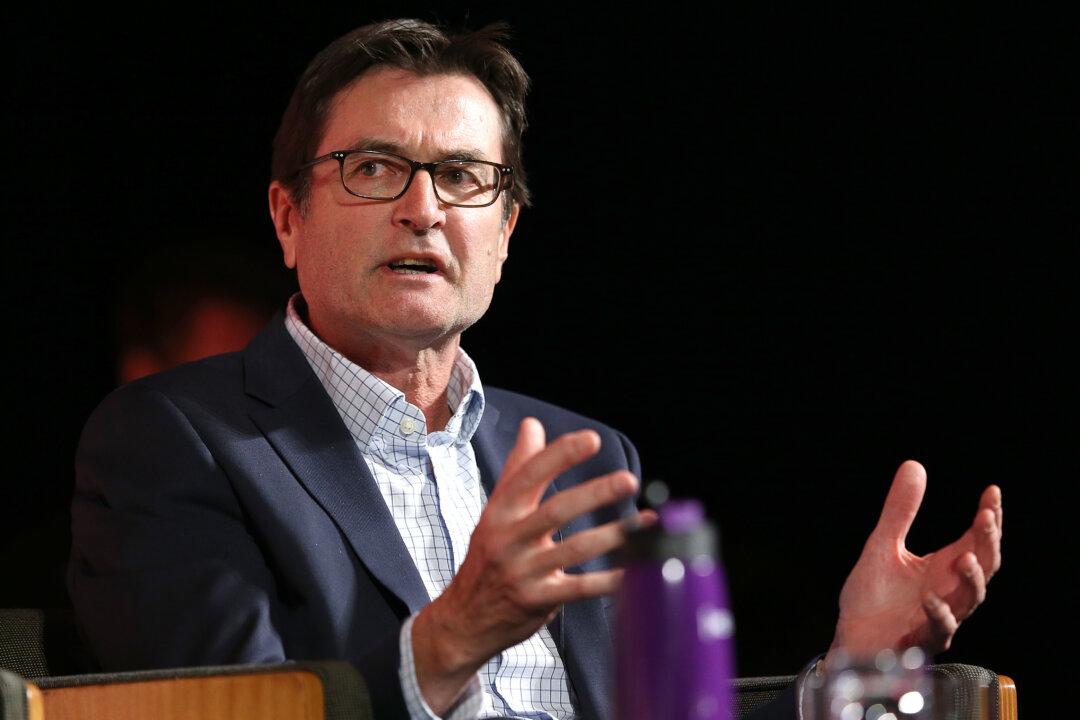Former Australian rules footballer and commentator Sam Newman has criticised the Acknowledgement of Country, an Indigenous welcome, in public settings saying it discredits the contribution of non-Indigenous Australians.
“I find it insulting and demeaning to be welcomed to the country that I live in. I’ve lived all my life here, I’ve paid taxes, I’ve contributed to it, and like everyone else we want to be united as one country. I don’t know why we try to divide each other based on race,” he said on a Rebel News podcast on Sept. 21.





